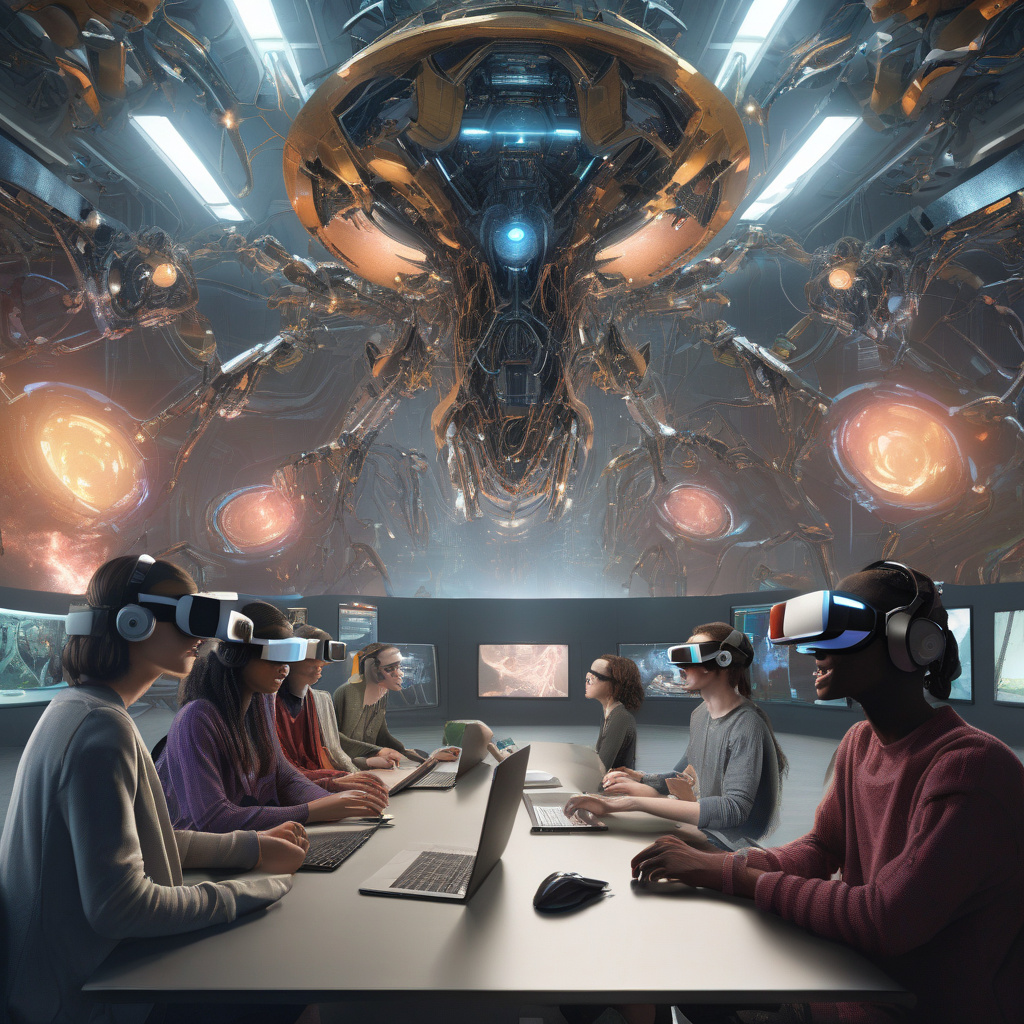Who’s right — the AI zoomers or doomers?
In the ongoing debate about artificial intelligence (AI), there are two distinct camps: the zoomers and the doomers. Zoomers are optimistic about AI’s potential, believing it will revolutionize various aspects of human life for the better. They see AI as a tool that will democratize knowledge, improve healthcare, enhance education, and boost creativity. Figures like Reid Hoffman and Bill Gates champion AI as a force for good, predicting a future where AI benefits everyone, leveling the playing field in education and healthcare.
On the other hand, the doomers paint a darker picture of AI’s impact on society. They warn of the dangers of uncontrolled AI evolution, citing threats to human autonomy, democracy, and truth-seeking. Critics argue that AI exacerbates societal issues like misinformation, bias in algorithms, and loss of privacy. Some even predict catastrophic scenarios where AI surpasses human control, leading to the extinction of organic life.
The crux of the matter lies in the advent of artificial general intelligence (AGI) or superintelligent AI, which experts believe will be the tipping point for humanity. While some tech luminaries like Elon Musk and Sam Altman predict AGI’s arrival in the near future, others, including Gary Marcus and Yann LeCun, are more skeptical, foreseeing a longer timeline or even dismissing the likelihood of AGI altogether.
The debate extends to the realm of software development, with conflicting views on AI’s role in coding. Proponents like Dario Amodei and Marc Benioff envision a future where AI automates software engineering tasks, while skeptics such as Yann LeCun and Stephen Wolfram emphasize the indispensable role of human programmers in complex projects.
In navigating this landscape of contrasting opinions, it becomes evident that the reality of AI lies somewhere in between the extremes. AI’s potential for both positive and negative impacts underscores the need for a balanced approach. Rather than embracing unwavering optimism or doomsday prophecies, a nuanced perspective that acknowledges AI’s dual nature is essential.
As we stand on the brink of a technological revolution driven by AI, it is crucial to maintain a clear-headed stance. Rejecting absolutes and embracing a pragmatic outlook will allow us to harness the benefits of AI while mitigating its potential risks. Striking a balance between optimism and caution, we can steer the course of AI development towards a future that maximizes its advantages while safeguarding against detrimental consequences.
In conclusion, the dichotomy between AI zoomers and doomers reflects the complexity of AI’s impact on society. Embracing a middle-ground approach that acknowledges both the promises and perils of AI is key to navigating this transformative era in technology. As we continue to explore the capabilities of AI, maintaining a balanced perspective will be instrumental in shaping a future where AI serves as a force for good while addressing its challenges responsibly.

